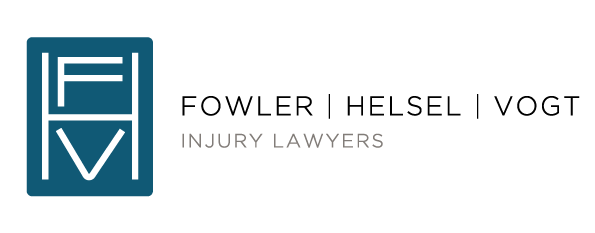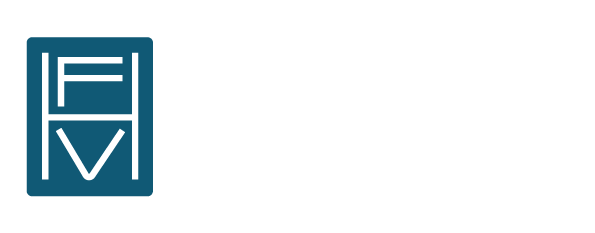Many accident victims find solace in the fact that their injuries, pain, and deficits won’t last forever. By getting the right medical treatment and taking time to rest, most individuals can make full recoveries and move forward with their lives within months.
Sadly, those who sustain traumatic brain injuries (TBI) are often left with long-term or lifelong physical, cognitive, and social deficits. TBIs are some of the most complex injuries and most difficult to treat. While the road to recovery may be long and intensive, there are treatment options available to help alleviate symptoms and get survivors back to their daily lives.
In this guide, we will discuss how brain injuries are diagnosed, what treatment options are available for various levels of severity, and how to get compensated for necessary treatments.
Diagnosing the Severity of a Brain Injury
Firstly, it’s important to note that the treatment options available and recommended for a brain injury will vary depending on the severity. There are three general categories of brain injury severity: mild, moderate, and severe. Below are some of the symptoms that may arise for each:
Mild TBI (Concussions)
- Nausea
- Confusion
- Headache
- Memory loss
- Vision disturbances (double vision or blurry vision)
- Sensitivity to light
- Trouble sleeping or sleeping more than usual
- Ringing ears
- Dizziness or imbalance
Moderate to Severe TBI
- Loss of consciousness for a few minutes to several hours
- Persistent headache
- Repeated vomiting
- Convulsions or seizures
- Clear fluids draining from the eyes or nose
- Weakness or numbness in fingers and toes
- Slurred speech
- Agitation, irritability, or combative behavior
- Loss of interest in daily activities
- Dilation of one or both pupils
To diagnose the severity of a patient’s brain injury, doctors will often use the Glasgow Coma Scale (GCS), a 15-point test that assesses the patient’s ability to follow directions in three areas:
- Eye-opening Response. Spontaneous (4); Reacting to verbal stimuli, such as commands (3); Reacting to pain only (2); No Response (1)
- Verbal Response. Oriented (5); Confused conversation, but able to answer questions (4); Inappropriate words or responses (3); Incomprehensible speech (2); No Response (1)
- Motor Response. Obeys commands for movements (6); Purposeful movement to painful stimuli (5); Withdraws in response to pain (4); Flexion in response to pain (3); Extension response in response to pain (2); No response (1)
Once all three assessments are made, the doctor will give the patient a score of up to 15:
- Mild TBI: Score of 13-15
- Moderate TBI: Score of 9-12
- Severe TBI: Score of 8 or below
Treatment Options Available for Brain Injury Survivors
Brain injuries are often devastating because they can lead to long-term or even lifelong consequences. For instance, a person may experience physical and/or cognitive impairments that hinder their ability to walk, go to work, or take care of themselves. Additionally, cognitive impairments can make it difficult to socialize or build relationships.
While some brain injuries can lead to permanent damage, the good news is that there are treatment options available to help reduce a person’s symptoms and other deficits so they can return to living their lives as independently as possible. Some treatments that may be recommended to TBI patients include:
Physical and Occupational Therapy
These types of therapy help a person regain control of their physical functions, relearn daily tasks and activities, restore their fitness and wellness, and live as independently as possible. Depending on the severity of the motor deficits, this may be done on a short-term or long-term basis.
Speech and Language Therapy
Speech and language therapy focuses on helping a patient’s communication, including understanding and producing language. This type of therapy may also include goals of reteaching the basics of facial expressions, chewing, and swallowing.
Counseling
Because TBI can also impact a person’s emotions and mental health, counseling can be an effective way to help survivors understand their thoughts and learn ways to cope with their feelings.
Support Groups
TBI survivors need to know they are not alone. Talking to others who have gone through similar experiences in support groups can help patients deal with symptoms. Sometimes, even talking to family members and friends can help a person through their recovery.
Medications
Certain medications can help relieve symptoms or conditions that develop following a TBI, such as depression, anxiety, memory problems, or sleep problems.
Self-Care at Home
In cases of moderate to severe TBI, self-care methods can be used in conjunction with the medical treatments described above. For mild TBI, such as concussions, self-care will be one of the greatest tools for recovery. Self-care can include getting adequate rest, spending time outside each day, getting some form of daily exercise, or journaling.
Helping You Get the Treatment You Need to Recover
We understand that no amount of money can negate the traumatic ordeal that you have been through. With that said, you should not have to worry about paying out of pocket for your medical expenses, lost wages, and future treatments if your injury was caused by no fault of your own.
At Fowler Helsel Vogt, our Fresno brain injury attorneys are committed to holding negligent parties accountable while fighting in the best interest of our clients. While no firm can guarantee results, you have our word that we will use the fullest extent of our abilities to help you obtain a positive outcome.
Take back your life today by contacting Fowler Helsel Vogt at (559) 900-1280! We answer our phones 24/7 and provide free case reviews.


